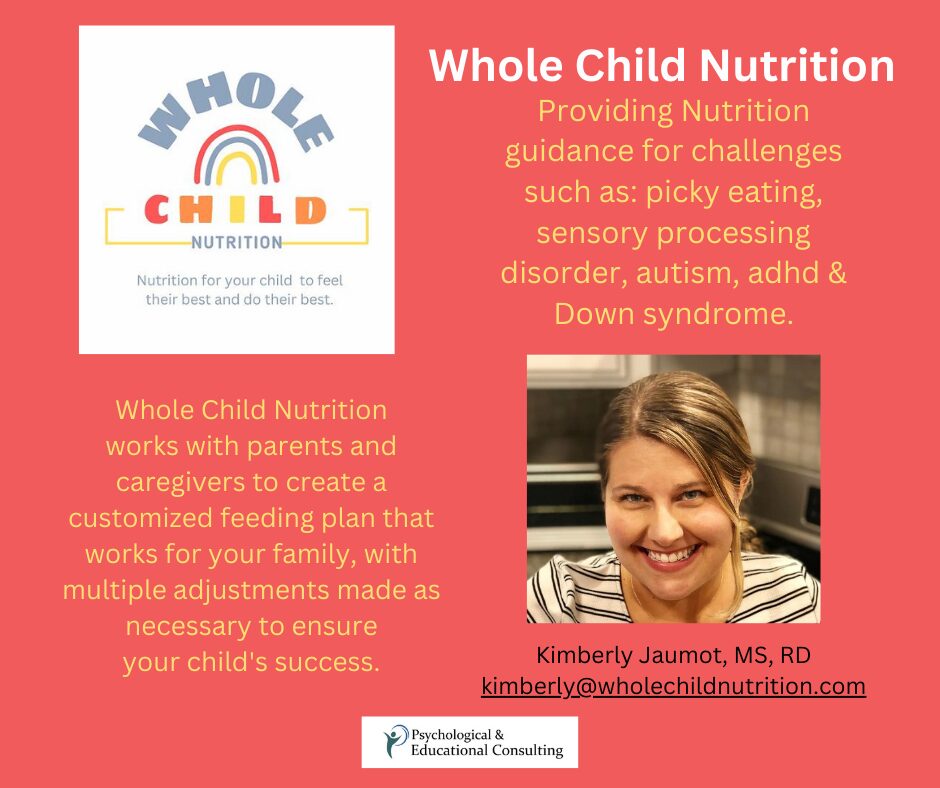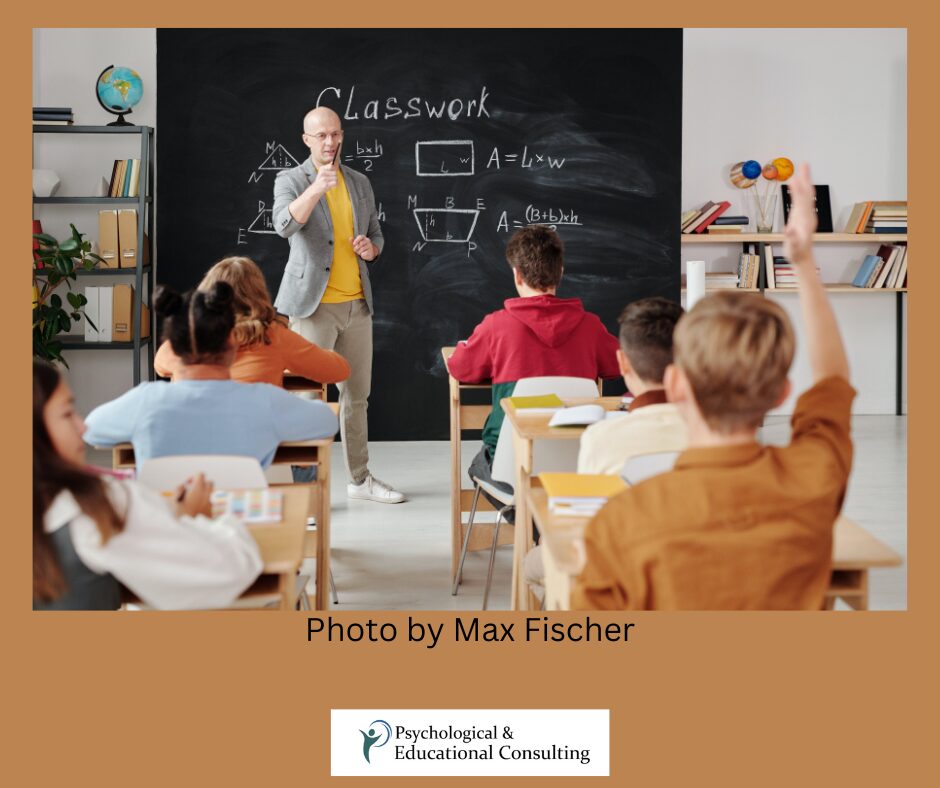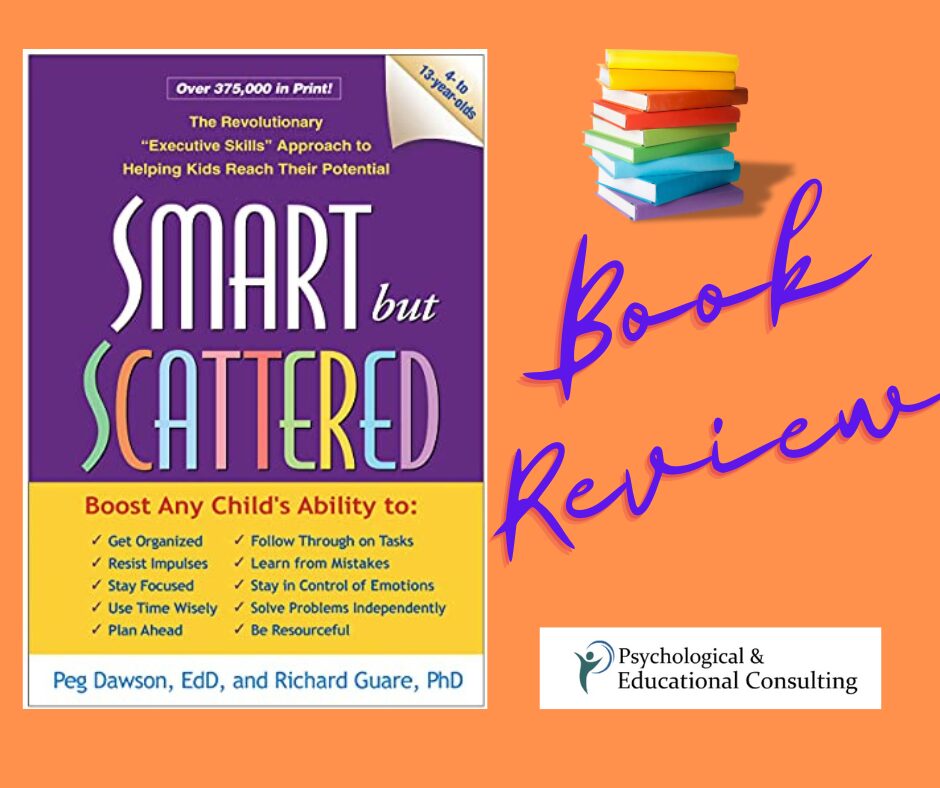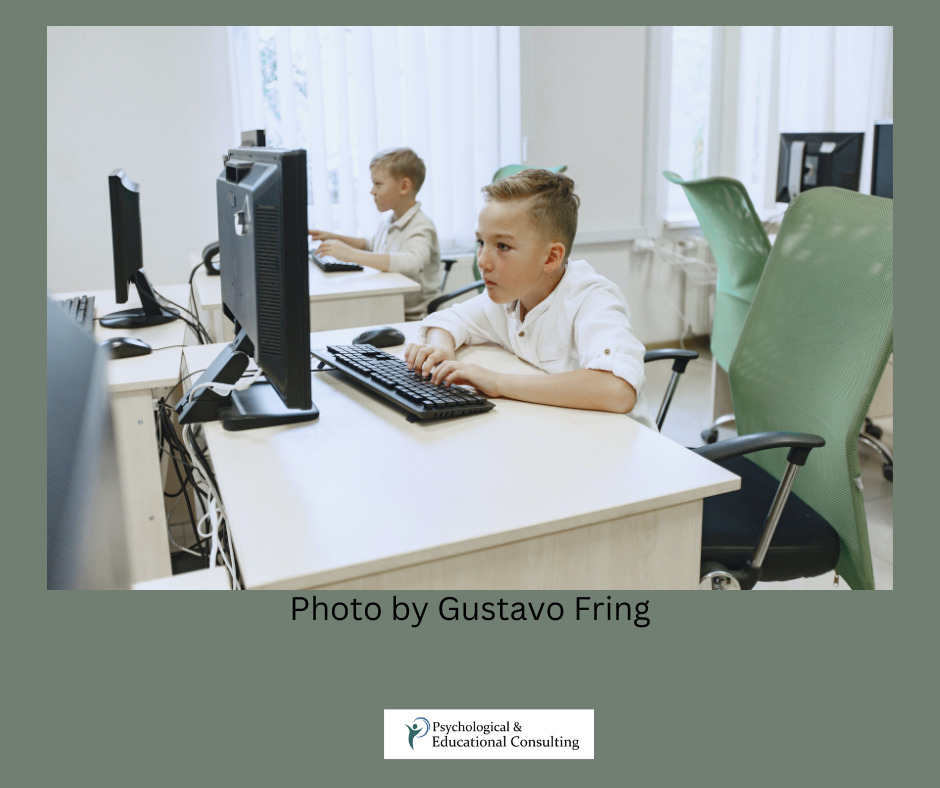Be On Time! Teaching Sequence and Schedules
written by Donna Goldberg, Sandra Reif M.A., posted on Attitude Magazine
How Do I Get My Child with ADHD Be On Time?
Getting organized and learning to be on time are not innate skills. Any child — with or without ADHD — must create and maintain organizational systems that make sense to him. For children with ADHD, whose ability to organize, prioritize, and manage time is affected by neurological deficiencies, setting up and maintaining organization routines can be quite difficult.
That’s where you come in. Understanding and managing time is a huge part of being organized, so think of yourself as your child’s time management consultant. Work with her to not only master time concepts, but learn to take control of time. Make sure your child is involved when setting up routines so that she will be invested in finding what works best for her. Help your child practice her skills on a regular basis, and follow through with the systems you create together.
Continue for tips on how to help your child with ADHD master time concepts and start on the path to better organization and time management.
Teaching Sequence to Kids with ADHD
Children first learn about time by being exposed to sequence and routine: First you have a bath, then you have a story, then you go to sleep. Eventually, sequences include the concept of before and after: Before dinner you will take a bath. In kindergarten and first grade, teachers often put up a daily schedule and use words and pictures to review the sequence of the day. Reinforce these concepts at home by making sequence clear to your child by giving specific verbal cues — first, next, then, before, after — as you develop your own routines.
Ask questions as you go about your routine: What comes next? Do you remember what you did first? Reinforce sequence comprehension by giving a series of directions using verbal cues, and make it fun (“First do ten jumping jacks, then write your name backwards”) and have your child give you directions as well. Tell him that you are doing this to help him learn how to listen carefully and pick up on important words that tell us what order to do things in. Ask him to point out words that are related to time. A child who masters the concept of sequence will be better able to organize and prioritize tasks down the road.










